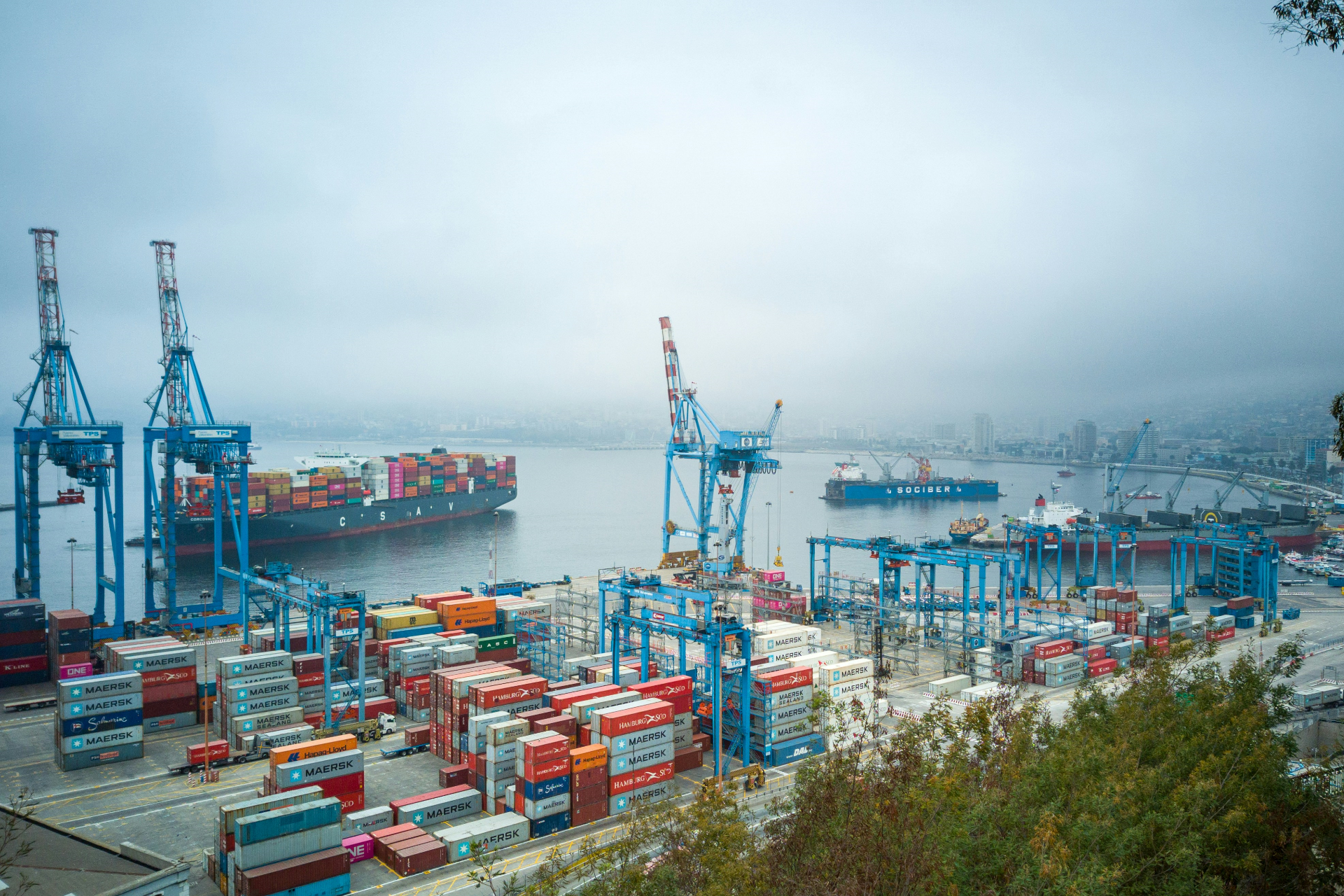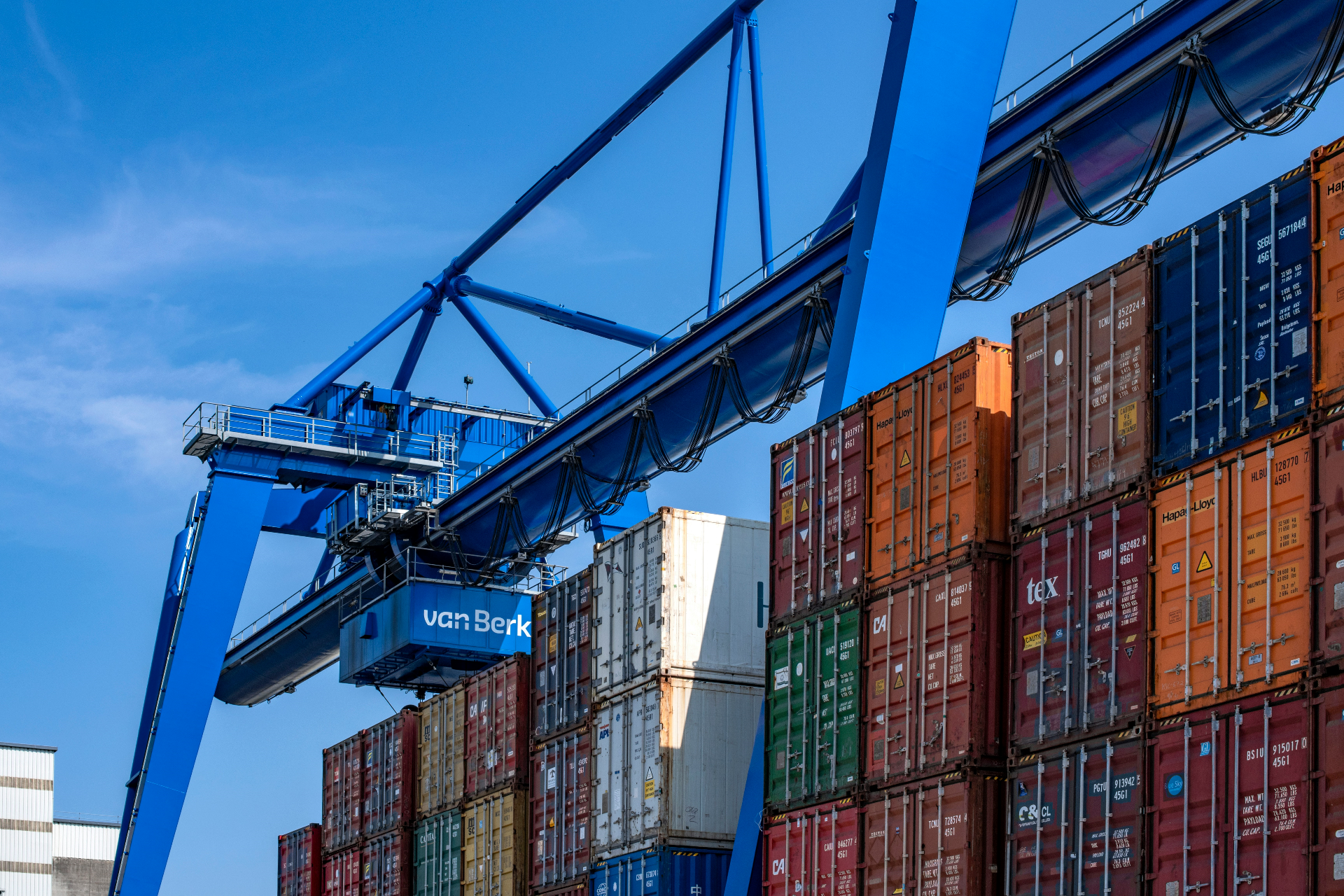Utilizing free trade agreements offers numerous advantages for businesses seeking to expand their export opportunities. By leveraging these agreements, businesses can access new markets, reduce trade barriers, streamline customs procedures, protect intellectual property, and diversify their customer base. However, to fully benefit from FTAs, businesses must navigate the procedures involved, ensuring compliance with rules of origin and proper documentation. By capitalizing on the benefits of FTAs and understanding the processes, businesses can unlock new export possibilities, boost competitiveness, and fuel growth in the global marketplace.
Market Access and Tariff Reduction
One of the primary benefits of FTAs is enhanced market access. These agreements often provide preferential treatment to member countries, granting businesses duty-free or reduced-tariff access to foreign markets. By eliminating or lowering import duties, FTAs create a more level playing field for exporters, enabling them to compete on equal terms with local producers. This can significantly improve cost competitiveness and make products more affordable for consumers in the target markets.
Streamlined Customs Procedures
FTAs also streamline customs procedures, simplifying the export process for businesses. By aligning customs regulations and documentation requirements, these agreements reduce administrative burdens and expedite customs clearance. This translates into faster and more efficient movement of goods across borders, reducing transit times and costs associated with export activities. Simplified customs procedures under FTAs can help businesses optimize their supply chain and improve overall operational efficiency.
Protection of Intellectual Property
Many FTAs also include provisions for the protection of intellectual property rights (IPR). These provisions safeguard businesses' innovative products, technologies, and brands in foreign markets, providing a legal framework for enforcing IPR and preventing infringement. For businesses relying on intellectual property as a key competitive advantage, FTAs offer valuable protection, promoting innovation and encouraging investments in research and development.
Market Diversification
FTAs enable businesses to diversify their export markets beyond their home country. By accessing markets with reduced trade barriers, businesses can tap into new consumer bases and reduce their reliance on a single market. This diversification not only mitigates risks associated with economic fluctuations in specific countries but also expands opportunities for growth and profitability.
Procedures for Utilizing FTAs
To leverage FTAs effectively, businesses must understand the procedures involved. This typically includes ensuring compliance with rules of origin, which define the criteria that products must meet to qualify for preferential treatment. Businesses must carefully analyze product content and origin, keeping in mind specific FTA requirements, and maintain detailed documentation to demonstrate compliance. Additionally, businesses need to complete and submit the necessary certificates of origin or other supporting documents to avail themselves of the benefits provided by the FTAs.
Related Information



















































